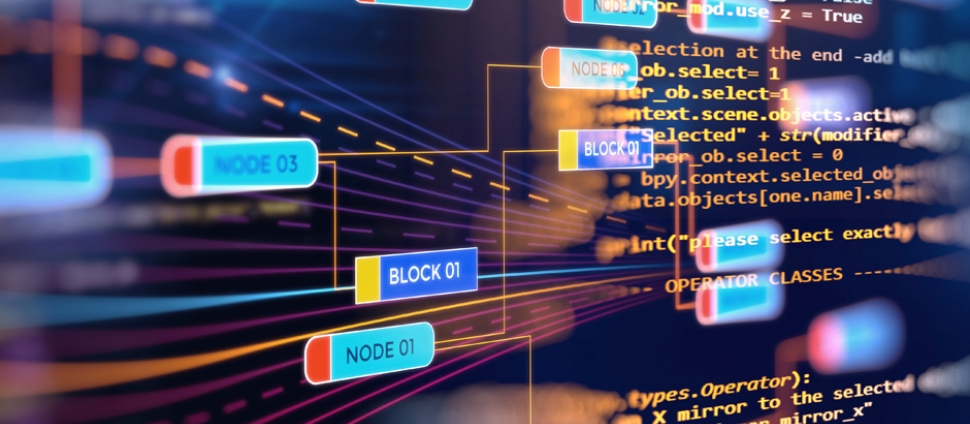Document Type
Article
Publication Date
2015
Publication Title
International Conference on Software Maintenance and Evolution (ICSME)
Abstract
Developers performing maintenance activities must balance their efforts to learn the code vs. their efforts to actually change it. This balancing act is consistent with the “production bias” that, according to Carroll’s minimalist learning theory, generally affects software users during everyday tasks. This suggests that developers’ focus on efficiency should have marked effects on how they forage for the information they think they need to fix bugs. To investigate how developers balance fixing versus learning during debugging, we conducted the first empirical investigation of the interplay between production bias and information foraging. Our theory-based study involved 11 participants: half tasked with fixing a bug, and half tasked with learning enough to help someone else fix it. Despite the subtlety of difference between their tasks, participants foraged remarkably differently—making foraging decisions from different types of “patches,” with different types of information, and succeeding with different foraging tactics.
Keywords
debugging, dl.acm.org/doi/abs/10.1109/ICSM.2015.7332447 information foraging, theory meets tools
DOI
dl.acm.org/doi/abs/10.1109/ICSM.2015.7332447
Version
Version of Record
Recommended Citation
Piorkowski, David; Fleming, Scott D.; Scaffidi, Christopher; Burnett, Margaret; Kwan, Irwin; Henley, Austin Z.; Macbeth, Jamie C.; Hill, Charles; and Horvath, Amber, "To Fix or to Learn? How Production Bias Affects Developers’ Information Foraging during Debugging" (2015). Computer Science: Faculty Publications, Smith College, Northampton, MA.
https://scholarworks.smith.edu/csc_facpubs/390



Comments
International Conference on Software Maintenance and Evolution (ICSME), Bremen, Germany, September 29-October 1, 2015.